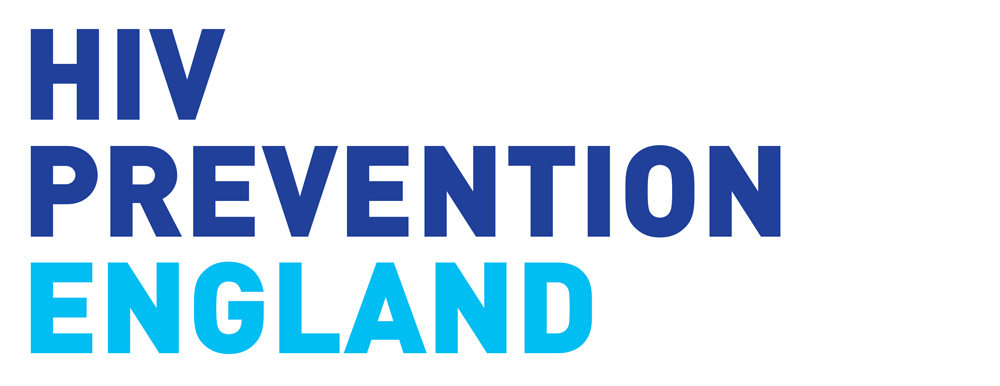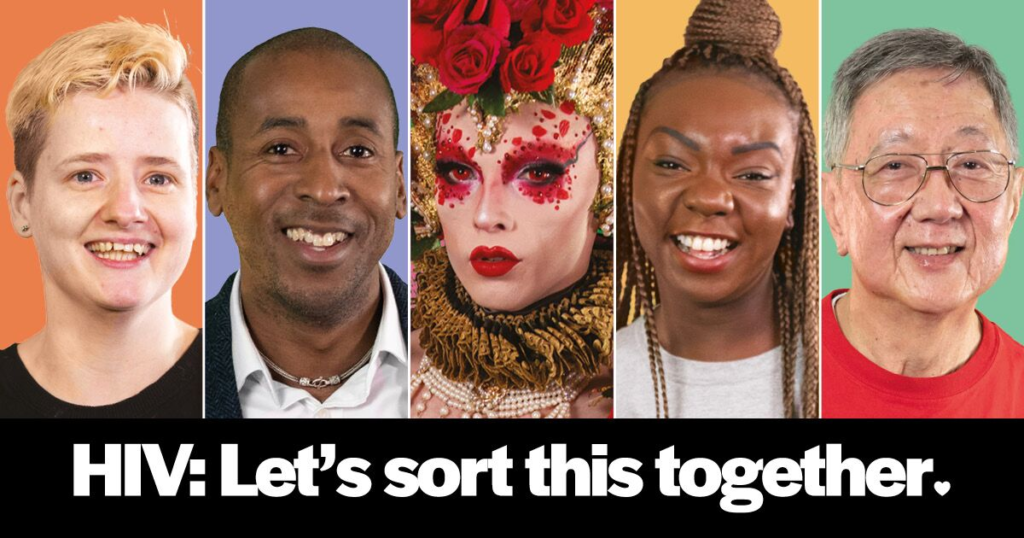Coronavirus (COVID-19) has created the biggest public health challenge in living memory. As the NHS continues to respond to the pandemic, the HIV and sexual health sector has adapted quickly to continue to support the populations it serves.
Our health systems and services delivered by the Voluntary, Community and Social Enterprise (VCSE) sector are finding new ways to deliver care and support by telephone, online and via their communication channels.
The following information provides sector guidelines for people working in HIV and sexual health, including resources for communities in response to the challenges coronavirus have presented.
Guidelines for health and sector professionals
British HIV Association (BHIVA)
- Coronavirus (COVID-19) and HIV statements
- BHIVA members can also access a shared resources area.
British Association for Sexual Health and HIV (BASHH)
- Latest news and information available via the BASHH homepage
- BASHH Member Information Page on COVID-19
Faculty of Sexual and Reproductive Healthcare (FRSH)
FRSH, BASHH and BHIVA
- Emergency COVID-19 Contingency Plan Paper for Government [PDF]
- Safeguarding essential care in the time of COVID-19: Govt. contingency plan
The Association of Directors of Public Health (ADPH)
Community resources and information
Terrence Higgins Trust
- Coronavirus COVID-19 blog and FAQ from Dr Michael Brady, Medical Director
- Terrence Higgins Trust ‘Don’t hook up’ campaign and sexual health advice
- FAQ for people taking pre-exposure prophylaxis (PrEP) during the COVID-19 lockdown
NAT (National AIDS Trust)
- COVID-19: Employment advice for people living with HIV blog including legal advice from Leigh Day on the employment rights of people living with HIV in the context of the COVID-19 pandemic
- NAT’s Looped In tool with advice and information on HIV and coronavirus (COVID-19)
NAM
i-base
Joint Council for the Welfare of Immigrants (JCWI), Migrants Organise, and Medact
- Covid-19 Mutual Aid UK: Guide for Supporting Migrants During Coronavirus (via Google docs. Not HIV specific, for organisations working with migrants)
Correlation Network, Europe
- Harm reduction: It must go on. Joint position on the continuity of harm reduction services during the COVID-19 crisis
International
World Health Organisation (WHO)
UNAIDS
- Resources and information on HIV and COVID-19
As new information arises we will update accordingly.

